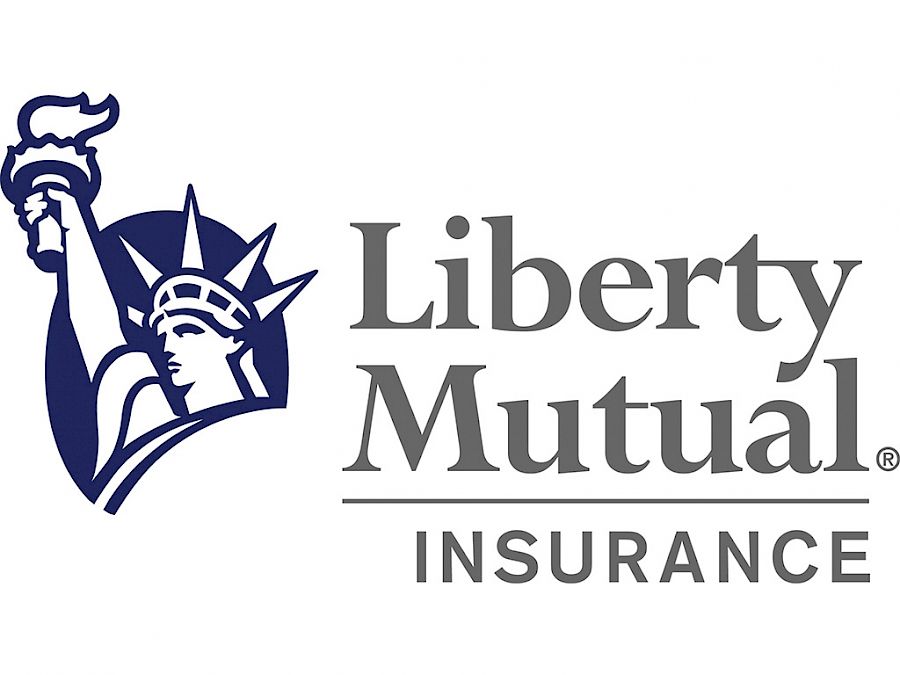
The Challenge
Liberty Mutual faced challenges with resource allocation to carry out the maintenance on an end of life platform.
The Solution
Liberty took the decision to offshore the development and change requirements for their critical legacy system to Target’s team in Chennai, India.
The Results
Liberty has been able to successfully reallocate their resource to the development and deployment of the new platform, while ensuring no loss of service and also dramatically cutting costs.
How offshoring can remove the cost and resource burden
It’s a recurring frustration in financial services – too much time and money deployed on the maintenance of legacy platforms. IT and Change functions are held back maintaining legacy software, when they could be investing in the latest technology that makes a difference and has real impact.
This case study looks at how a leading insurer offshored their legacy platform maintenance to Target to significantly reduce cost and free up valuable resource. This enabled them to focus on delivering new developments to help secure their future growth, all without losing any of the current functionality or service levels for their customers.
For Liberty Mutual, carrying out the maintenance on an end of life platform to ensure regulatory obligations and customer service requirements are met, means their valuable resource was being diverted from the development of a new and innovative system. Liberty is developing a new origination and administration platform and rapid deployment is needed. However, they still need to maintain the functionality and service levels that their customers are used to, even as their legacy system’s life comes to an end.
Liberty had two options:
- They could employ additional expensive resource to service both platforms simultaneously
- They could free up existing resource by outsourcing the maintenance to Target’s offshore team
We've used an offshoring model previously for other projects, which has been very successful. We've been working with Target for our system maintenance for over 25 years. This gave us the 'green light to explore a similar cost-effective option. We've already offshored some testing functions, so we knew it was a model that worked for Liberty.
Liberty took the decision to offshore the development and change requirements for their critical legacy system to Target’s team in Chennai, India.
The offshoring project was split into two phases:
- Phase 1 involved offshoring the platform development team to the Target team in Chennai
- This offshored team worked alongside Liberty to deliver maintenance and change on the legacy platform
- This was achieved by using a 6 month knowledge transfer broken down into 3 parts (knowledge transfer 2 months, shadowing 2 months, reverse knowledge transfer 2 months)
- Phase 2 involves offshoring the Application Support function to the same team in Chennai
Successful offshoring
Throughout the entire project, there has continued to be great communication between the teams at Chennai in India, Target in the UK and Liberty in Ireland.
In the initial stages of the project, the teams met in the UK and in Ireland and were able to get to know each other informally over coffee, which helped further strengthen the long-standing relationship.
During the migration of the project, the Covid-19 pandemic and the resulting lockdown meant that all teams needed to work closely together, but remotely, across the globe. Despite this unprecedented disruption, collaboration between and within the teams was still excellent.
With the daily use of Microsoft Teams calls and regular instant messaging, there was no breakdown in communication, even during such difficult conditions seen in 2020. As a result of the strong collaboration between the teams, any issues that did arise were dealt with quickly and efficiently.
Working with the Chennai team has been great. They've become very much part of our own team. Both parties worked extremely well together during the transition phase of the project and any issues that arose were resolved very quickly.
What we learnt
As the project progressed, all parties soon realised that the knowledge transfer phase could be brought forward. Instead of a 6-month knowledge transfer as seen in phase 1, the knowledge transfer started earlier for phase 2. This new incremental approach to knowledge transfer means that teams are working on the new platform earlier than was initially planned, increasing their level of ‘hands on’ experience and learning. To ensure sustainable knowledge transfer, we made sure that the Chennai team are carefully documenting their processes and learnings as they go.
As a result of the early knowledge transfer, the second phase of the project is now well-ahead of schedule, and two of Liberty’s own staff have been able to switch their focus onto the development of the new platform, five months earlier than planned.
The project team at Liberty has received excellent feedback from both their internal customers and project sponsors. In fact, all the stakeholders of the project have been very pleased with both the quality and the responsiveness of Target’s Chennai and UK teams. The 25+ year working relationship between Target and Liberty has been further strengthened.
Summary
Prior to the project, Liberty faced challenges with resource allocation, but with the support of Target and its parent company Tech Mahindra, they have been able to successfully reallocate their resource to the development and deployment of the new platform, while ensuring no loss of service and also dramatically cutting costs.